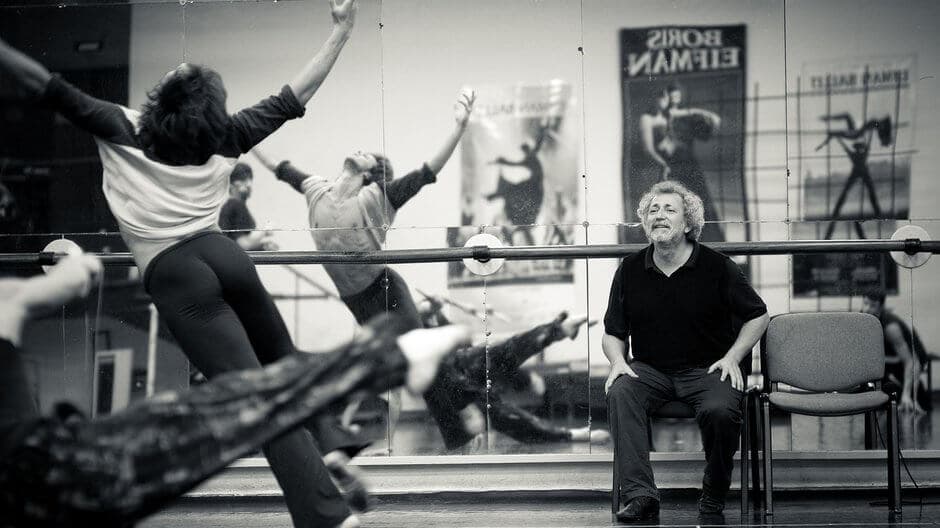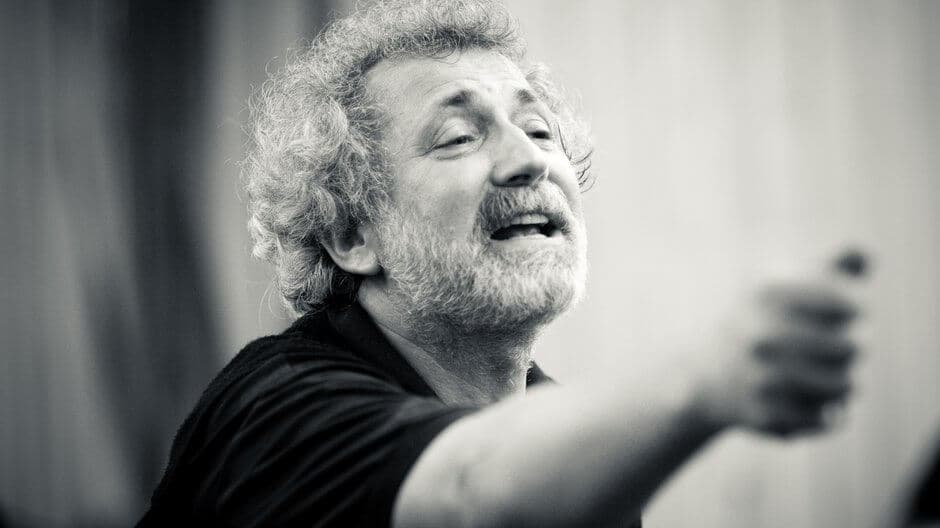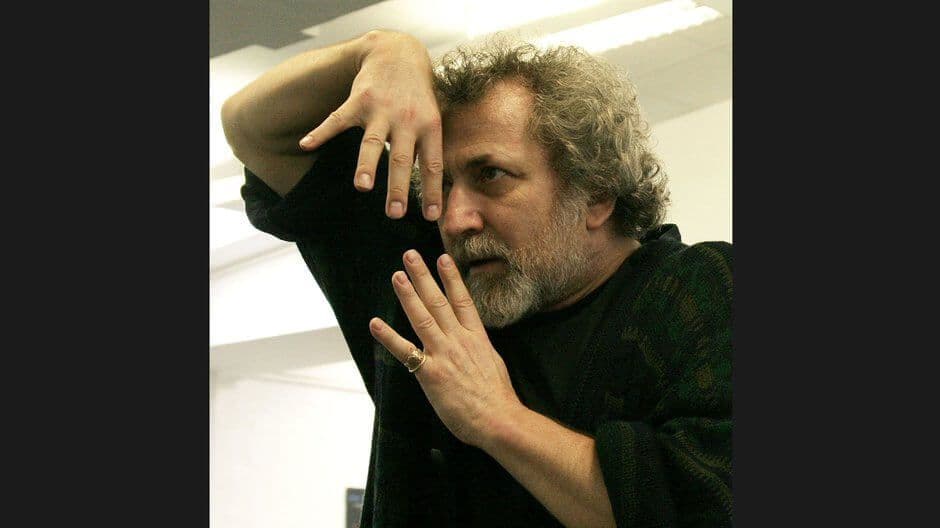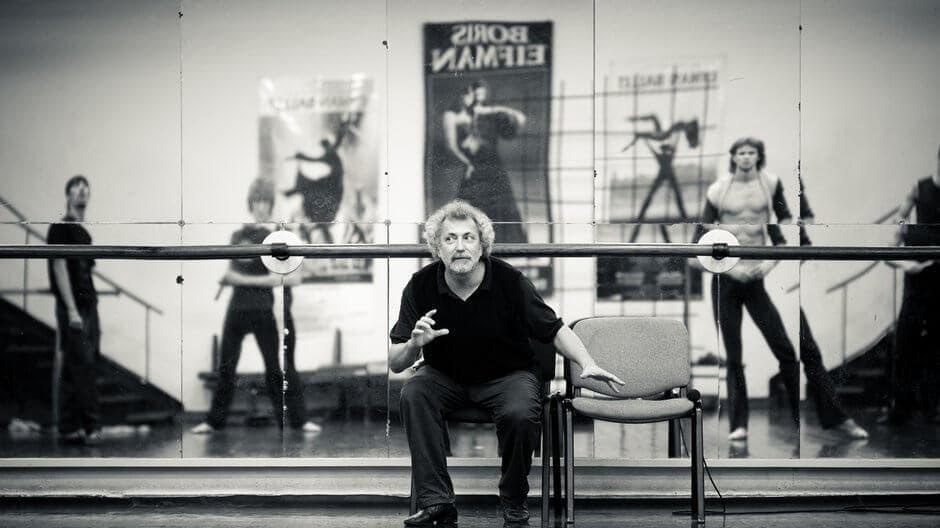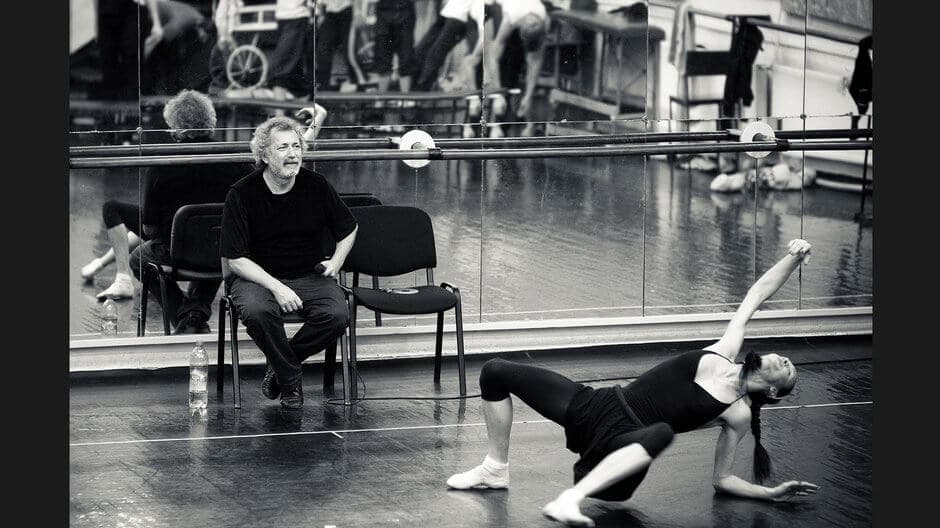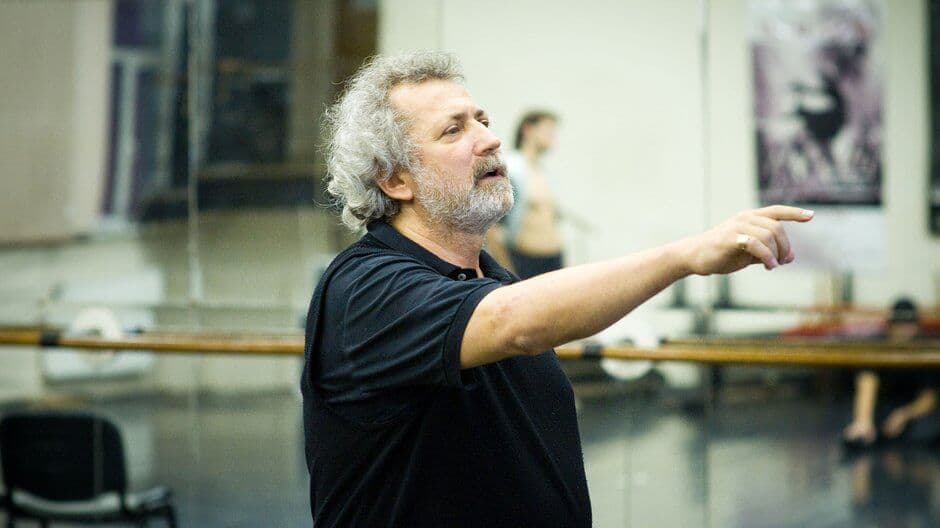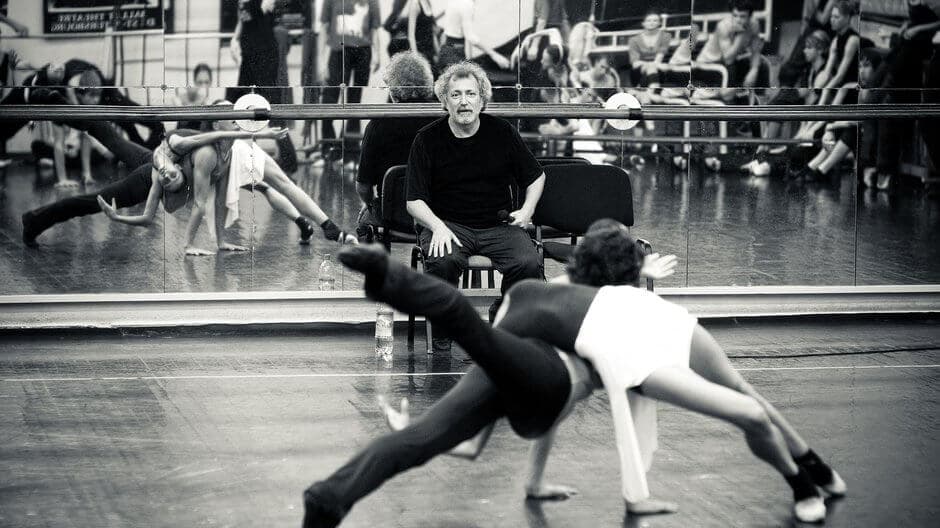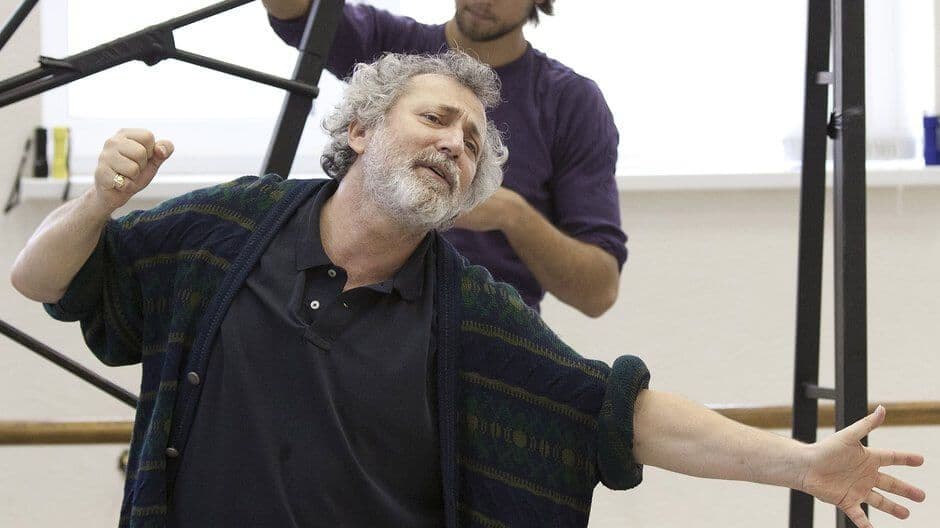Boris Eifman
Artistic Director of St. Petersburg Eifman Ballet
People’s Artist of Russia, the Laureate of the State Prize of the Russian Federation, the laureate of the Golden Mask and the Golden Soffit awards, the holder of the Order of Merit for the Fatherland, 1st class.
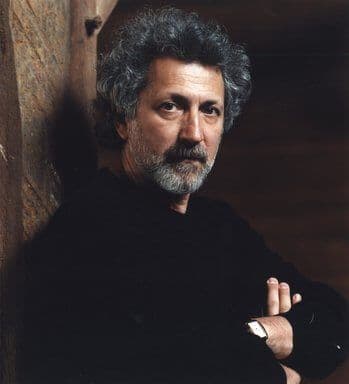
Boris Eifman, the founder and creator of his own theater, his own style, and his own ballet universe, who is called “one of the leading choreographers in the world” and an “amazing magician of the theater”, was born in 1946 in Siberia, and from early childhood he wanted to express his feelings and his thoughts in body language, in dance. He himself would later say, “For me, ballet is more than a profession. It is a means of existence, my mission on this earth. Using its resources, I am compelled to convey what is given to me from on high. Most likely, I would simply suffocate on my emotions if I didn’t have the possibility of expressing them through art. For me, choreography is art that is deeply religious, in the broadest sense of the word.”
The innate sense of movement and the “instinct to compose” brought him to the Leningrad Conservatory, where he studied in the Choreography Department, and then to the Vaganova Academy of Russian Ballet, where he worked for ten years as a choreographer, composing new works for student performances. Finally, in 1977, he formed his own ballet ensemble. This is the moment when the Eifman story began, as, with his talent, with his blood and sweat, with his energy, dedicating himself a full twenty four hours a day, he began to create his own theatre.
Eifman brilliantly combined cutting-edge achievements in the world of ballet with what he learned in the academic school of classical Russian choreography, to which he traces his roots. “What I do can be called the dance of emotions, free dance, a new language, in which classical ballet, modern dance, ecstatic impulses and many other things are interwoven…,” he said at the time. His dancers, who had an exclusively academic grounding, had to acquire a new vocabulary of body movement. It was a completely different kind of choreography, whose fundamental principle came into being as the troupe was formed by Eifman.

In the course of time, his ballet ensemble became a ballet theatre, and this change in names reflects the essential formula of Eifman’s creative method. As an artist whose natural inclination is toward the theater, he is interested in choreographing not only variations of movement but also transparent internal actions as well as one or another overriding idea connected with a performance. “I create ballets of a different kind, where self-expression becomes the subject and in which there is drama, philosophy, characters and an idea. And I am sure that this is the ballet of the future. Believe me, many of my young colleagues will follow the road that I have taken. This road leads eventually to man.”
It’s a man who’s viewed by Eifman as the main subject and interest of art that has power over people’s hearts and is capable of addressing the soul. For Eifman, ballet is a means of contemplation, or, as he puts it, an “opportunity, through movement, not only to express some sort of form and line, but to convey a flood of emotions, energy, ideas…”
A distinct feature of Eifman’s theatrе, its trademark, is that almost all of his performances have a plot and, often, a literary source. This corresponds fully to his artistic credo: “I am not saying that I don’t concern myself with the choreographic text itself and its level, as well as the degree of imagination or the perfected form… But if I need a literary base, it means that I am looking for an opportunity to plunge into some sort of realm, one that is familiar to me and to my audience, and, in the familiar, I try to discover and reveal the unexplored…”
It is this penetration into the realm of the unexplored – in the choreography and in the sphere of ideas – that is arguably the hallmark of Boris Eifman. When he turns to the literary works, or to the stories of life of Moliere, Paul I (the Emperor of Russia), Tchaikovsky or Rodin, Eifman always sees nuances that no one else has noticed, he finds that which is capable of astonishing, he detects new meanings. In visual metaphors of movement, that can be compared to a figurative cipher of dreams, in which hazy fantasies and impulses take on visual forms, Eifman externalizes what is at the heart of a literary text or of an artist’s life history. Eifman’s theatre is often called a psychological one. His ballets can be named plastic psychoanalysis, in the course of which the psychological depth of the characters and the stories – no matter fictional or real – is being disclosed.
When Eifman turns to the works of great writers or to the lives of geniuses and translates them into the language of ballet, this is immersion, through the physical, in the psychic, through the body, in the soul, through words, in ideas. His unique lexicon and conceptual, authorial interpretations are a breakthrough into that fantastic dimension where the boundlessness of inner worlds comes to life.
Text by Tatiana Boborykina
Press about Boris Eifman
“The ballet world in search of a major choreographer need search no more. He is Boris Eifman…”(Anna Kisselgoff, The New York Times)
“There now need be no doubt that choreographer Boris Eifman – theatrical magician extraordinary – is here to stay. Perhaps the only doubt is whether he is the last major choreographer of the 20th century or the first of the 21st.”(Clive Barnes, New York Post)
“Boris Eifman is undoubtedly the most interesting modern Russian choreographer. He has a magnetism of both his own personality and his constant desire for renewal.”(Le Figaro)
“Of the ballet choreographers making narrative works for major stages, Russian Romantic Boris Eifman is virtually the only one totally in touch with the 21st century… Eifman outpaces the zeitgeist.”(Lewis Segal, Los Angeles Times)
“The most difficult life collisions and philosophic problems are solved by Eifman with the help of plastic and dance, breath-taking dynamics and ‘dead’ static pauses.”(Igor Stupnikov, Sankt-Peterburgskie Vedomosti)
“Boris Eifman is a phenomenon. He is the choreographer that cynical, hard-nosed dance critics love to hate, but whom audiences shower with adoration.”(Paula Citron, The Globe and Mail)





